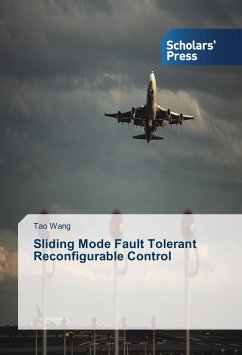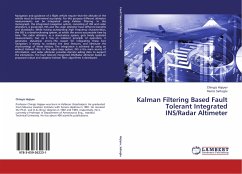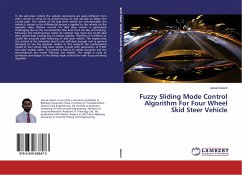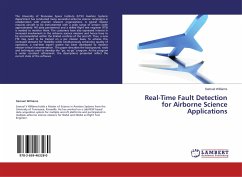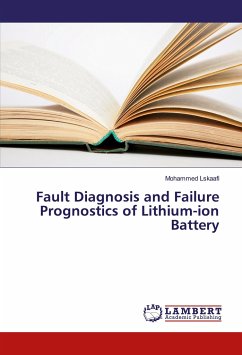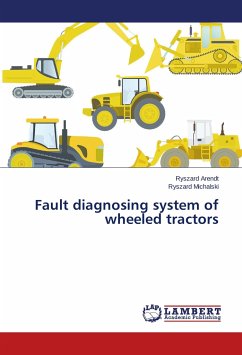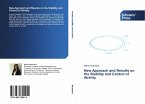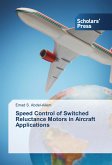SMC-based FTC for nonlinear systems are developed to handle both partial loss faults and total failures in control surfaces. The first method is developed to accommodate both modeling uncertainty and uncertainty incurred by faults. Different design parameters are utilized to deal with the uncertainty incurred by fault and that due to modeling errors respectively in the SMC design. Direct adaptive control is combined into such a SMC to alleviate the requirement of the a priori knowledge of the uncertainty bounds. The second method is developed to redistribute the control effort between faulty regular actuator and redundant actuator autonomously based on effectiveness of the regular actuators. The tolerability of the developed controller is characterized by the amount of fault that controller can deal with. It is used as the threshold to activate the redundant actuator when the regular actuator cannot accommodate the fault alone. The third method without a dedicated FDD is developed based on the absolute quantity of switching surface. The control effort is redistributed to regular and redundant actuator autonomously by monitoring the absolute quantity of the sliding surface.
Bitte wählen Sie Ihr Anliegen aus.
Rechnungen
Retourenschein anfordern
Bestellstatus
Storno

